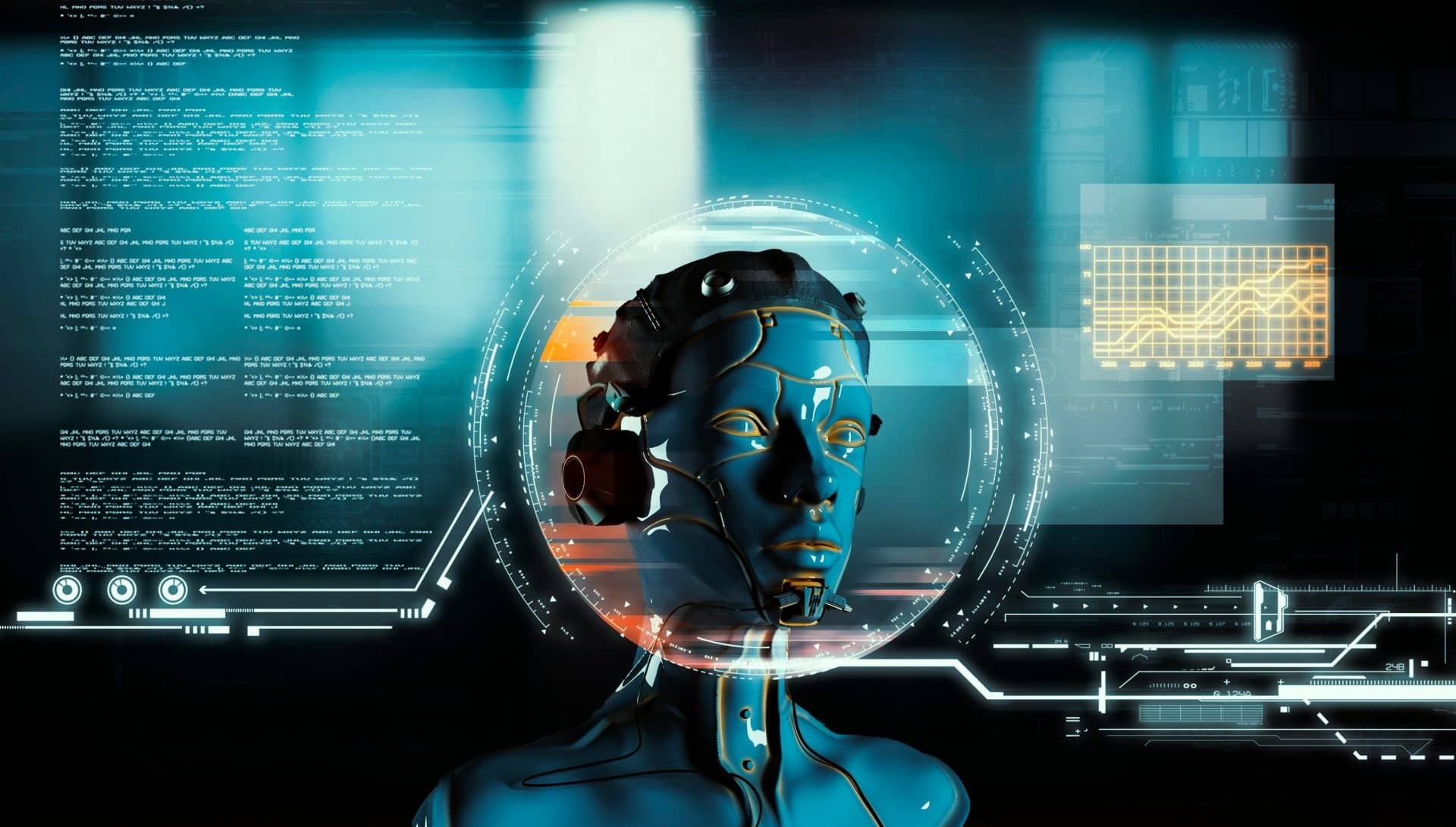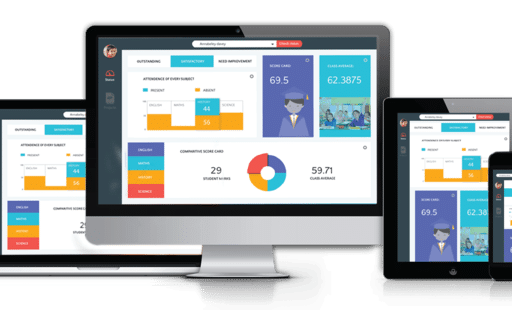Dave Antrobus, co-founder and technology director of Inc & Co, is making impressive strides in leveraging machine learning and AI to transform the country’s business landscape. His vision for digital transformation is not just elevating individual companies but also paving the way for broader economic growth. Machine learning is rapidly changing UK businesses, creating more efficient and competitive environments, which are crucial in today’s fast-paced market.
AI’s impact on industries like retail, supply chain, and aviation is a testament to Antrobus’s innovative approach. By integrating AI solutions, businesses are becoming more customer-focused and operationally effective. These advancements highlight the importance of keeping pace with technological changes to maintain a competitive edge.
Antrobus’s initiatives in the digital economy signify a larger trend of AI-driven change. This trend is reshaping how businesses operate, ensuring that the UK market remains at the forefront of technological advancement. His work illustrates the vital role that machine learning plays in the future success and sustainability of UK businesses.
Impact of Machine Learning on UK Businesses
Machine learning is driving significant changes in how businesses in the UK operate and grow. It enhances business processes by improving efficiency, advancing customer interactions, and transforming data analytics.
Enhancing Operational Efficiency and Productivity
Machine learning is helping companies improve their operations through automation and optimisation. By using algorithms, businesses can streamline tasks like supply chain management and manufacturing processes. This leads to a notable increase in productivity and cost-saving. Tools like chatbots and AI-based systems reduce manual work, allowing employees to focus on complex tasks instead. The technology also helps identify and address the skills gap, ensuring workers have the necessary expertise. Several companies are adopting AI solutions to maintain a competitive edge and keep up with market trends, driving economic growth in the digital economy.
Revolutionising Customer Interactions and Service
Artificial intelligence is radically changing how businesses engage with their customers. With AI tools like chatbots, companies can provide 24/7 customer service, ensuring immediate support. The retail sector benefits from AI by improving shopping experiences through personalisation. AI analyses customer data to create tailored interactions, enhancing the customer experience. By integrating machine learning, companies can better understand consumer behaviour and adapt their services accordingly. This facilitates stronger connection with customers and fosters loyalty, all while respecting ethical AI and data privacy standards. Leading businesses, including Darktrace and Rolls-Royce, are pioneering these innovations to improve customer relations.
Advancing Data Analytics and Predictive Analytics
The power of machine learning lies in its ability to transform data analysis. By using machine learning, businesses can process large volumes of data quickly and accurately. Predictive analytics plays a crucial role in understanding future trends, enabling companies to make informed decisions based on data insights. This is particularly useful in fields like logistics, helping them adapt to changing demands efficiently. Machine learning algorithms also identify patterns that would be impossible for humans to spot, driving improvements in efficiency and productivity. Ethical AI use and understanding algorithmic bias are essential to ensure accurate and fair results.
Fostering Innovation and Technology Growth
Machine learning is a key driver of innovation across various industries. It encourages business innovation by enabling companies to experiment with new ideas and technologies. By fostering a tech-friendly environment, organisations can leverage the Internet of Things (IoT) to connect devices and improve operations. The growth in AI technology also contributes to economic progress and advancement in both retail and corporate sectors. Companies focusing on AI, such as AI Innovations and others, lead the way by developing cutting-edge solutions. This is reflected in AI trends that continue to shape the future of businesses, making them more adaptive, efficient, and successful in a competitive landscape.
Machine Learning and Future Perspective
Machine learning is revolutionising UK businesses by providing innovative solutions and efficiencies. It’s reshaping sectors, enhancing cybersecurity, and adapting the workforce to meet future demands. In this transformative phase, companies must address ethical concerns while integrating AI technologies.
Navigating the Ethical and Security Aspects
As machine learning becomes integral to businesses, ethical and security challenges come into focus. Data privacy is paramount as companies handle vast amounts of sensitive information. There are increasing concerns about who owns data and how it is used.
The rise of AI in threat detection enhances cybersecurity measures but also requires vigilance to protect against potential breaches. Ethical AI guidelines should be established to ensure that AI technologies behave responsibly. Companies must balance technological advancements with security protocols to foster trust and transparency.
The Job Market and Education Shift
Machine learning is shifting the job market, creating both opportunities and challenges. Automation may lead to the decline of some roles, but it also opens up future prospects in fields like robotics and data analysis.
This evolution necessitates addressing the skills gap with a focus on lifelong learning. Education systems must adapt to prepare students for these changes, emphasising skills in AI technology and digital marketing. Upskilling workers is crucial for staying competitive. Businesses and educational institutions must collaborate to create relevant training programs.
Integrating AI into Diverse Industries
AI technology is being integrated into various sectors, transforming traditional practices. AI in manufacturing increases efficiency and innovation, using robotics to automate production lines. Retail businesses benefit by personalising customer experiences through AI-driven insights, while fintech advances customer service with smart algorithms.
Logistics and the supply chain also see major improvements, as AI tools streamline operations and reduce waste. These industries must adapt to AI’s capabilities, ensuring they remain ahead in a competitive landscape.
Cost Management and Reduction Strategies
Implementing machine learning helps businesses manage costs effectively. By automating repetitive tasks, companies cut labour costs and improve operational efficiency. AI tools provide smart choices for resource allocation, leading to effective cost reduction.
Predictive algorithms help in forecasting demand, preventing inventory issues in sectors like retail and manufacturing. Businesses can optimise their budget by investing in technology that offers long-term savings. Adopting these strategies will be essential for economic growth and sustaining competitive advantage in rapidly evolving markets.







